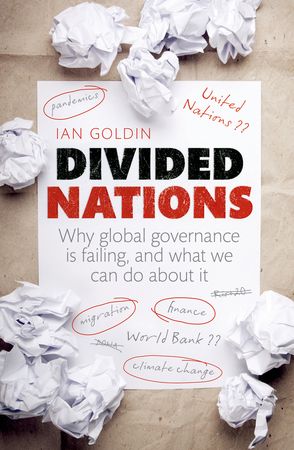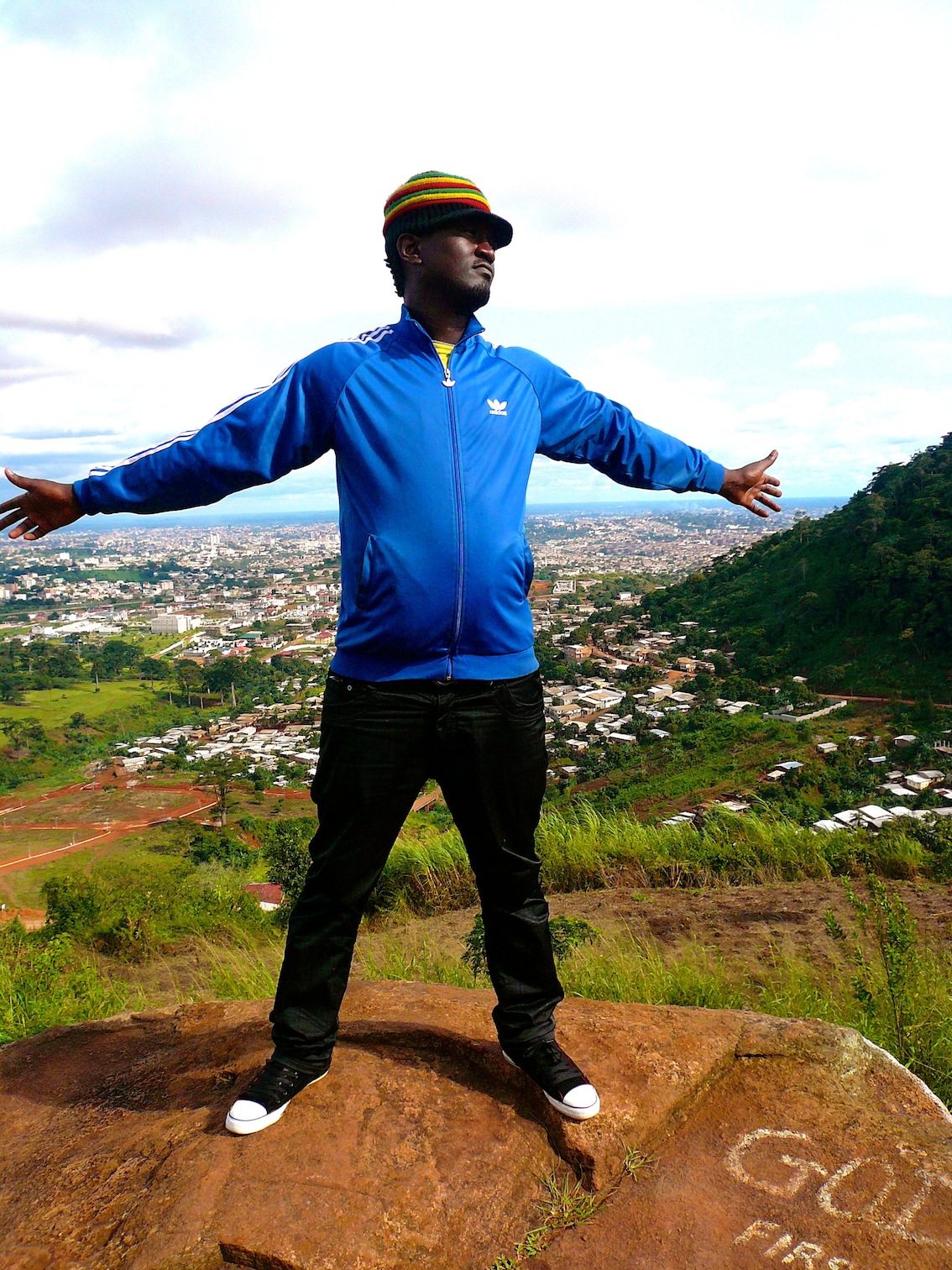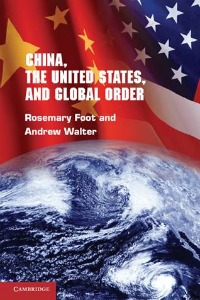Protests in an Age of Globalization: Performance, People Power, and Pathos
Protest in an age of globalization relies on performance. From Hong Kong to La Paz and Santiago to Khartoum, global attention is increasingly captured by mass movements of people, demonstrating strength in numbers against prevailing political and economic systems. Modern protests, however, only work some of the time. Drawing on current events, scholars might consider a protest’s success hinging upon which audience they choose to target and the power of that audience to act. We see differences, for example, between Hong Kong — where protesters engaged the global community with limited effect thus far on Beijing — and protests in Sudan earlier this year — which targeted an old, autocratic leader’s military cadre, but did in fact precipitate a military coup. Has globalization changed protesting? Today’s global stage is nothing new — consider the nationalist movements …
A more global approach to corruption and anti-corruption
Flip the script: stop seeing corruption as a problem affecting exclusively, or mostly, developing countries, and instead recognise and investigate the role of Western financial centres as integral in the puzzle – acknowledging corruption as a global issue. This sentiment, in its various nuances, was reiterated by all the participants to the inaugural workshop of the Testing and evidencing compliance with beneficial ownership checks project, carried out in the frame of the Global Integrity Anti-Corruption Evidence (GI-ACE) research programme, in Oxford, on 9 October 2019. While this relatively simple message is now widely accepted by all serious commentators, having even received some attention with the wider public because of books such as Treasure Islands, Moneyland and the TV series From Russia with Cash, we are still far …

Brexit and the Anti-Elite Era
The result of the UK referendum on EU membership was an act of rejection of elite opinion. Almost the entirety of the country’s intellectual, economic and political establishment had explicitly opposed Brexit. There had been letters by Nobel laureates detailing the cost to UK research of a ‘Leave’ vote, a public statement by over 250 academics to the same affect, the official opposition of most British businesses as well as an avalanche of expert reports indicating the significant economic cost of leaving the world’s largest single market. In political terms, the ‘Remain’ campaign had the formal support of the country’s four largest political parties, the Tory-led national government and that of a plethora of international leaders, including the President of the …

Divided Nations: Why global governance is failing, and what we can do about it
The growing disconnect between the problems that bind us and the countries that divide is the greatest threat to humanity. Each day we are confronted by mounting evidence of the yawning governance gap. Recently, British people have been surprised to find their meat has been through the mincer of multiple legal jurisdictions through which beef has been blended with horse. Russians have been shocked by a meteorite that crashed unannounced into their territory, due to the failure of global coordination of space. In Tokyo, a bluefin tuna was auctioned in Tokyo for USD$1.7 million, raising concerns globally that market signals may be hastening the extinction of rare tuna. And in the United States, Hurricane Sandy’s impact on lower Manhattan and the New Jersey shore has raised interest in the work of scientists who identify freak storms as an early warning of climate change. Meanwhile, across Europe the aftermath of the financial storm continues to destroy jobs and livelihoods.

Le Rap Mboa: Conversations on Cameroonian Rap and Politics
This interview with Cameroonian rap-reggae artist, Soumalek of the group Sumanja, shows how Cameroonian rap provides critical insights into the lived experiences of the global capitalism of uneven development in urban Cameroon.
Political-Economic Roots of Haggling in Dakar
I was recently traveling in Dakar, Senegal. I was there visiting an American friend, I will call her A, who has been teaching English language at a local high school for three years. One evening we were hailing a taxi across town, accompanied by a friend of A who is also an American and a high school teacher in the city; I will call her B. My friend negotiated the price of the taxi prior to our taking a seat, as is the custom in Senegal. The taxi man insisted that the price was 2,500 CFA (500 CFA: $1US: £0.62BPS) and A insisted that we pay 2,000 CFA, the price that the Senegalese routinely pay to get across town. The …

Religion, Spirituality and Global Governance: an International Interdisciplinary Conference
On Friday, May 4 and Saturday, May 5, the University of Oxford Centre for International Studies (CIS) hosted an international interdisciplinary conference, jointly convened by the Academic Council on the United Nations System (ACUNS), and the Centre for Sustainable Development & International Peace at the University of Denver. Featuring a variety of scholars and leaders in the field of peace and conflict studies, international development and theology, the conference aimed to “deepen the understanding of the paradoxical role of religion and spirituality in the contemporary social and political context, and its potential to shape global governance.” The first panel, entitled “Religion, Civilization and Globalization”, began with a presentation by Katharine Marshall, Senior Fellow at the Berkley Centre for Religion, Peace and World …

China, the United States, and Global Order: An Interview with Professor Rosemary Foot
Rosemary Foot is a Professor of International Relations and John Swire Senior Research Fellow at St Antony’s College, Oxford. She has been a celebrated China scholar since completing her doctorate at the London School of Economics on Sino-Soviet relations and West Asia. Here, Professor Foot takes a moment to speak with Politics in Spires regarding her most recent book. Congratulations, your latest book, China, the United States, and Global Order has been praised by Foreign Policy Magazine as one of the 23 Essential Readings of 2011. Could we begin with you telling us a bit about the efforts behind this work? The book was a collaborative effort.* My co-author [Andrew Walter] is a specialist in international political economy, and I …









